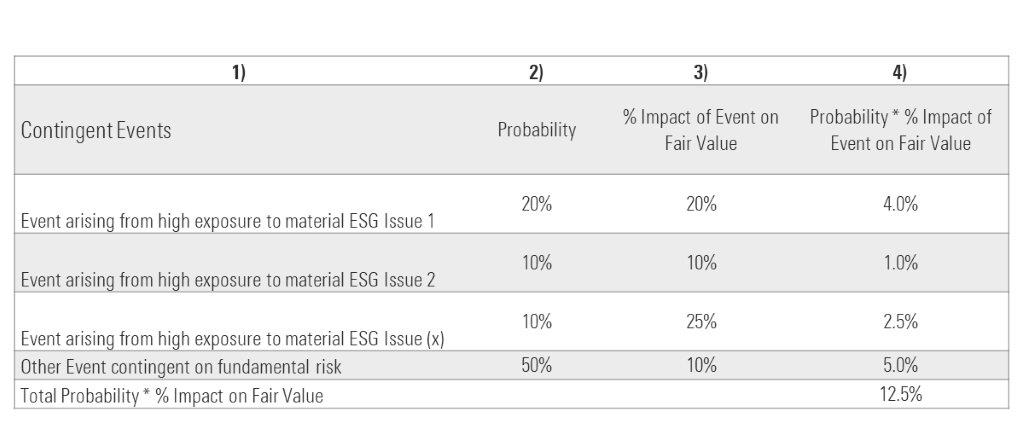ESG integration at Morningstar
28/04/2021, by Bianca Rose, Portfolio Manager
What do we mean by ESG?
ESG refers to environmental, social, and governance issues in investing. When we talk about environmental issues, this could include carbon emissions or resource use. Social issues are things like human rights, data privacy, and security. Finally, the governance component could include corporate governance and business ethics.
The relative importance of ESG issues does vary for different types of investments. For example, the energy sector will typically be more concerned with something like carbon emissions, whereas data privacy and security are seen as a material ESG issue for IT companies.
What are the different approaches to incorporating ESG into managing investment portfolios?
At Morningstar Investment Management, we believe that there are two primary investment approaches to incorporating ESG.
- The first is known as ESG risk integration.
- The second approach is known as values-based investing (importantly, this is not to be confused with our valuation-driven investment approach).
These two types of investment approaches can be delineated from one another by a very subtle wording difference in their primary investment goal outcomes.
- ESG risk integration: Assesses how the financial value of an investment is impacted by ESG issues. Investors use this approach to distinguish between investments that they’ll own versus those they won’t, based on an assessment of value.
- Values-based investing: investors look to distinguish which investments are owned, or not owned, based on an assessment of values. These values can be expressed in different ways, such as applying exclusion criteria to avoid tobacco companies, or by favouring certain types of investments such as renewable energy. Associated with this type of investing, you’ll hear terms like “negative screening”, i.e. excluding certain types of investments.
How does Morningstar consider ESG in its investment process?
As a long-term, valuation-driven investor, Morningstar adopts the ESG risk integration investment approach across our multi-asset products. This approach is consistent with our primary investment goal of helping investors achieve their financial goals by delivering superior investment returns by using value to determine compelling investment opportunities.
We consider ESG risks across three stages of the investment process: fundamental research, investment selection, and portfolio construction.
To illustrate this, let’s review considerations of ESG risk at the fundamental research stage – the stage where we look to determine the most attractive investment opportunities.
Our asset class conviction ratings are determined based on four sub-component ratings:
- 1. Absolute valuation
- 2. Relative valuation
- 3. Contrarian indicators
- 4. Fundamental risk.
The fourth sub-component, fundamental risk, is how we evaluate the potential for permanent loss of capital. Because ESG risks can expose an asset class to a permanent loss of capital, we assess these risks within this component.
Within the fundamental risk score, we estimate the fair value impact of ESG-related risks for an asset class by:
- Identifying the material ESG issues relevant to that asset class. We do this with the help of Sustainalytics, a firm which specialises in ESG research and is also owned by Morningstar.
- Assigning probabilities and estimate the fair value impacts for each material ESG event.
- Multiplying the probability of the event occurring by its estimated fair value impact to calculate a probabilistic fair value impact. If an event is assigned a probability of 50% of occurrence, and the event’s assessed impact on the fair value is 10%, then this would result in a probabilistic event impact of 5%. Table 1 gives further detail on this.
- Each material event impact is then summed together to arrive at the total expected impact on fair value.
- The total sum is then incorporated into the overall score for the fundamental risk component.
Table 1:

When we incorporate ESG risk across our investment process, it means that we’ve considered and weighed up the relevant material ESG risks against the valuation opportunity. We will manage ESG risk in a way that we believe is in the best interests of our investors to help them to achieve their financial goals.





